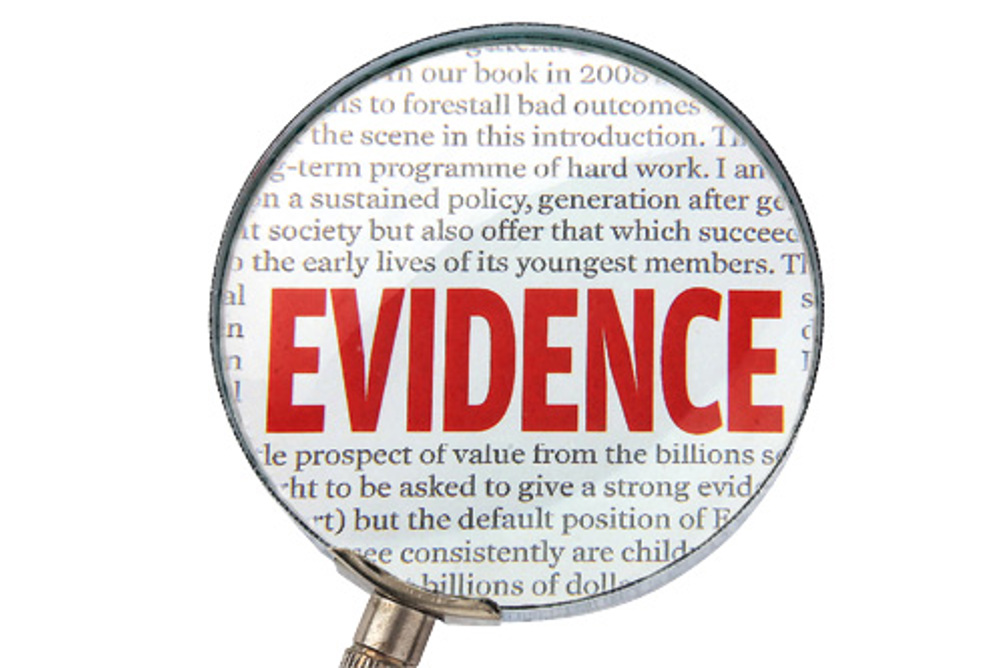
Children's minister Tim Loughton delivered a stark message to children's and youth organisations at the Funding the Future conference in London last month. He told delegates that government support will focus more on "quality of outcomes," adding, "it is, in other words, about producing more evidence-based projects".
His warning came less than two months after Labour MP Graham Allen's report Early Intervention: The Next Steps urged the government to end the culture where "billions of pounds are paid out year after year; indeed decade after decade, often without the faintest acquaintance with an evidence base".
John Copps, head of sector research at New Philanthropy Capital (NPC), believes such comments are an overdue wake-up call for organisations reliant on public funds. His organisation has long advocated that charities, in particular, need to improve the way they measure their effectiveness and communicate the value they bring to society. "There is a limited budget and it is a stark fact that charities are going to have to get better at proving they are capable and will be a success," says Copps.
Register Now to Continue Reading
Thank you for visiting Children & Young People Now and making use of our archive of more than 60,000 expert features, topics hubs, case studies and policy updates. Why not register today and enjoy the following great benefits:
What's Included
-
Free access to 4 subscriber-only articles per month
-
Email newsletter providing advice and guidance across the sector
Already have an account? Sign in here

